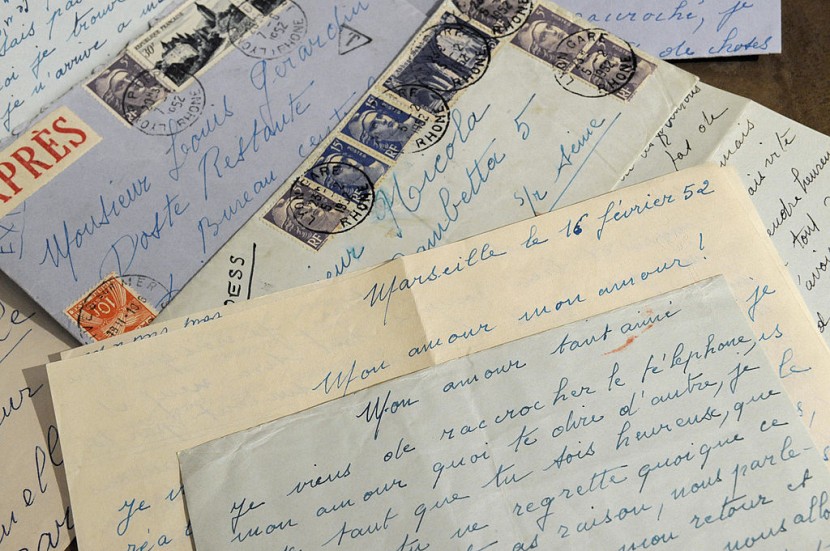A trove of over 100 letters, untouched for over two and a half centuries, has revealed poignant details of the lives of French sailors and their families during the Seven Years' War.
The letters, intended for the crew of the warship Galatée, never reached them as the ship was captured by the British in 1758. Recently unveiled research led by Professor Renaud Morieux has finally brought these personal accounts to light, as per CNN.
Unearthing 18th-Century Love Letters

The Galatée was en route from Bordeaux to Quebec when the British seized the vessel, taking its crew prisoner. The letters, narrowly missing their recipients, were confiscated and deemed of no strategic value by the British Admiralty, thus consigned to oblivion in an archive until Morieux's discovery. The study's findings, offering a snapshot of 18th-century society, were published in the French journal "Annales. Histoire, Sciences Sociales."
Among the correspondence, a letter from Marie Dubosc to her husband, Galatée's first lieutenant Louis Chambrelan, exemplifies the emotional depth of these messages. Unknown to her, Chambrelan would never read her words, and she would pass away before his release. Similarly, Nicolas Quesnel's elderly mother chastised him for his silence, her letter filled with the mixed tones of reprimand and concern characteristic of the era's familial bonds.
Morieux's investigation, spurred by curiosity, involved meticulous genealogical research to identify the 181-strong Galatée crew and their letter-writing kin. His work paints a broader picture of the wartime period, revealing the scale of French sailors' capture by the British and the impact on their families, who relied solely on letters for communication.
The letters offer a window into universal human experiences-how people cope with separation, maintain relationships, and express love and concern, irrespective of the era, according to France 24.
Read Also : Israeli Officials Arrest Prominent Palestinian Protester Ahed Tamimi for Allegedly 'Inciting Terrorism'
Tracing the Continuity of Emotional Expression Across Centuries
Morieux draws parallels between the reliance on letters in the 18th century and modern communication tools like Zoom and WhatsApp, highlighting the continuity of emotional expression across centuries.
The correspondence also illuminates the logistical challenges of 18th-century communication, as the French postal administration's efforts to deliver these messages were thwarted by war and capture. The letters' journey, ending in a London archive rather than the hands of sailors, underscores the personal toll of the global conflict.
Morieux's endeavor to decode the messages, challenged by erratic spelling and lack of punctuation, not only uncovers the individuals aboard the Galatée but also breathes life into historical narratives often dominated by macro-events, making the personal experiences of those affected by war tangible to a modern audience.
In essence, these letters, once destined for the oblivion of an archive, now narrate a story of love, loss, and the timeless struggle to connect with loved ones across the divides of war and fate, Independent reported.
© 2025 HNGN, All rights reserved. Do not reproduce without permission.








